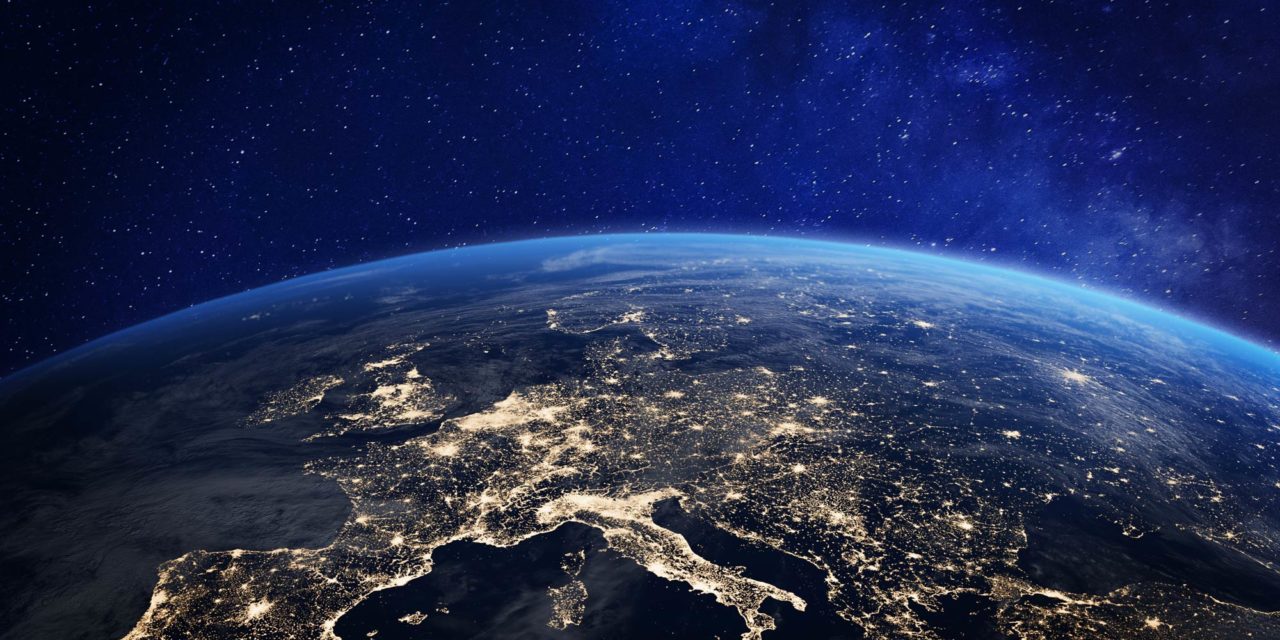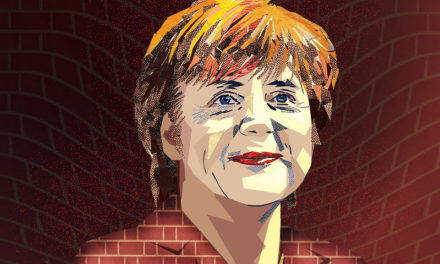The European economic situation remains crippled by COVID19. The final accounts are not yet published but private owned companies are leading massive layoffs social plans. This does not make too much noise but is leading the whole of Europe to a sharp rise in unemployment.
The economic sectors that are the most affected are the tourism and the aviation sectors, sectors in which one can unfortunately foresee many failures and bankruptcy.
Countries that depend most on tourism (Greece, Spain, Portugal, France) have tried to open up their beaches and borders as much as possible to attract tourists. They achieved a mixed result, with travelers fearing decisions to close borders or brutal quarantines (such as the UK government’s decision on August 13 to impose a fortnight’s quarantine on all travelers returning to England starting on August 15 at 0:00.)
In all countries, bars and restaurants have been reopened, with varying sanitary conditions.
All economic players remain suspended on a single question: “Will there be a second wave of COVID19?” Doctors and medical and health authorities do not have an unanimous answer, quite the contrary in fact. This debate, however essential, almost systematically leaves medical orthodoxy discussions to fall into partisan opinions (opinions sometimes suspected of being motivated by the financial interests of large medical research centers).
Vaccine researches continue at breakneck speed, sometimes with announcements of technical advances. For example, Russia announced in the middle of the summer that it had found a vaccine, but it appears to be at a stage quite similar to many other ongoing projects. To be continued.
Second wave or not?
National authorities across Europe are acting as if this second wave of the virus is almost certain, arguably more out of political calculation than medical conviction. We cannot blame them.
According to their financial means, the political parties running the country and the financial habits of the country, European states are attempting to stimulate the economy with cash injection policies, thus digging even more their future deficits at an unequaled level. All of this massive injection of money into the economy will translate into long term debts whose levels will surge beyond any imaginary.
Despite this, the Europeans people eventually went on vacation but overall less far than usual.
European politics and diplomacy
On the political front, the summer 2020 highlight is the presidential election in Belarus, marked by a hands-down victory for outgoing head of state, Alexander Lukachenko. Such victory is definitively suspect and much contested by the Belarus population. Western Europe dreams of an “Orange revolution”, according to a Ukrainian scenario, for example. Russia, a key partner of Belarus, maintains its support for the ongoing regime.
In the Mediterranean Sea, tensions are growing between Greece, supported by other European countries (to varying degrees) and Turkey, whose head of state, Recep Tayyip Erdogan, pursues a rather expansionist diplomatic policy. Its geographical position and its military power effectively allows him to conduct such undiplomatic foreign policy.







